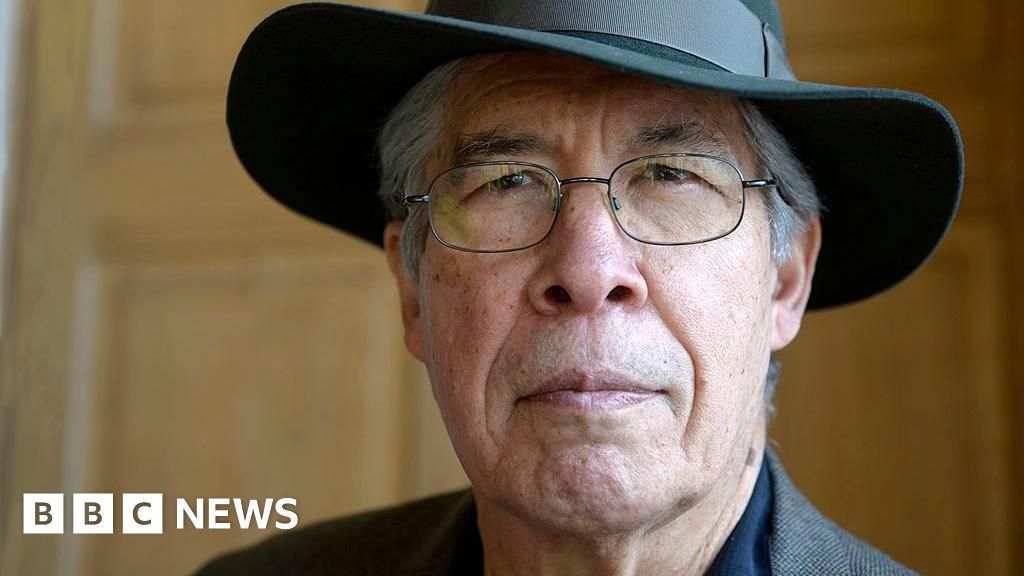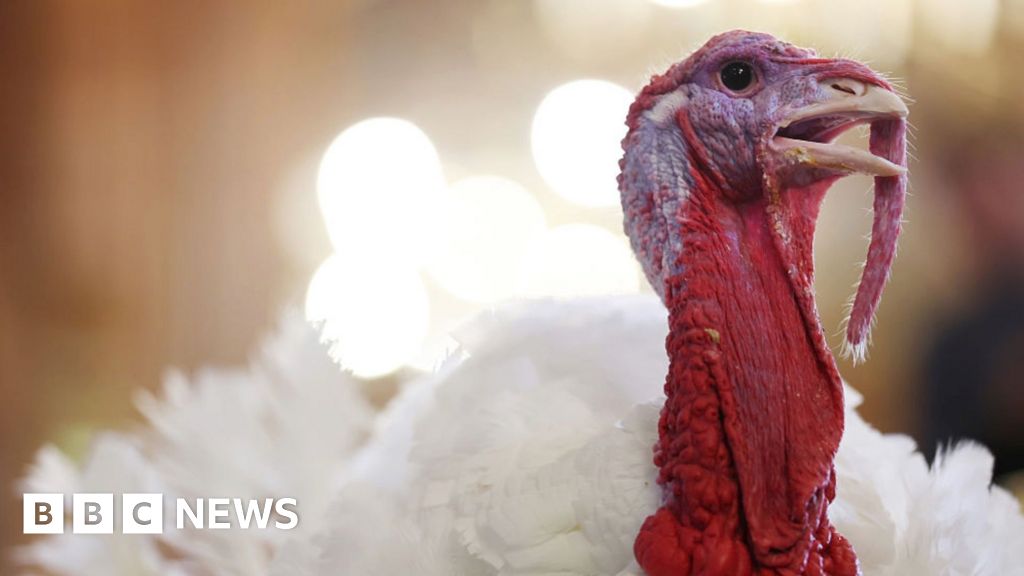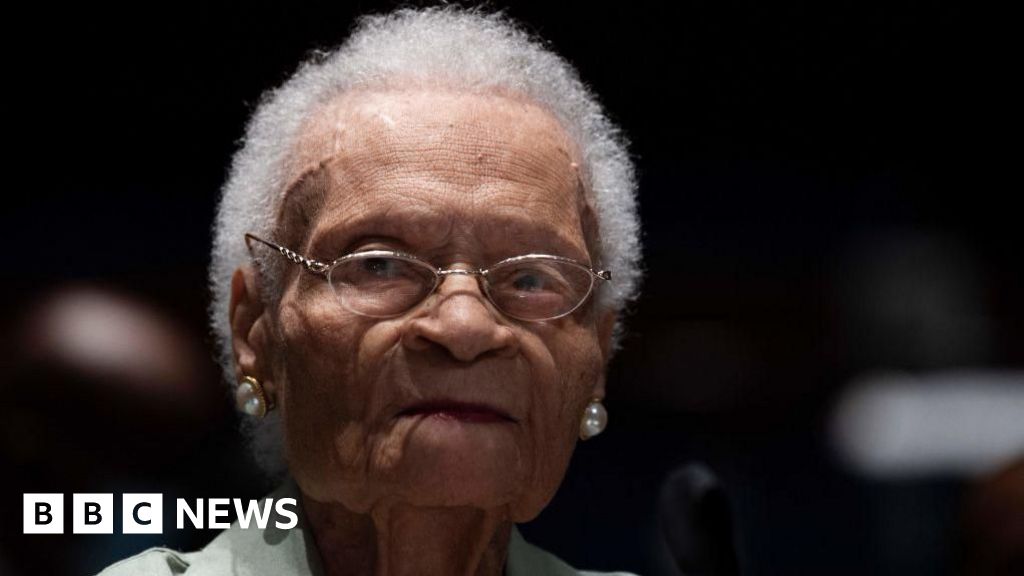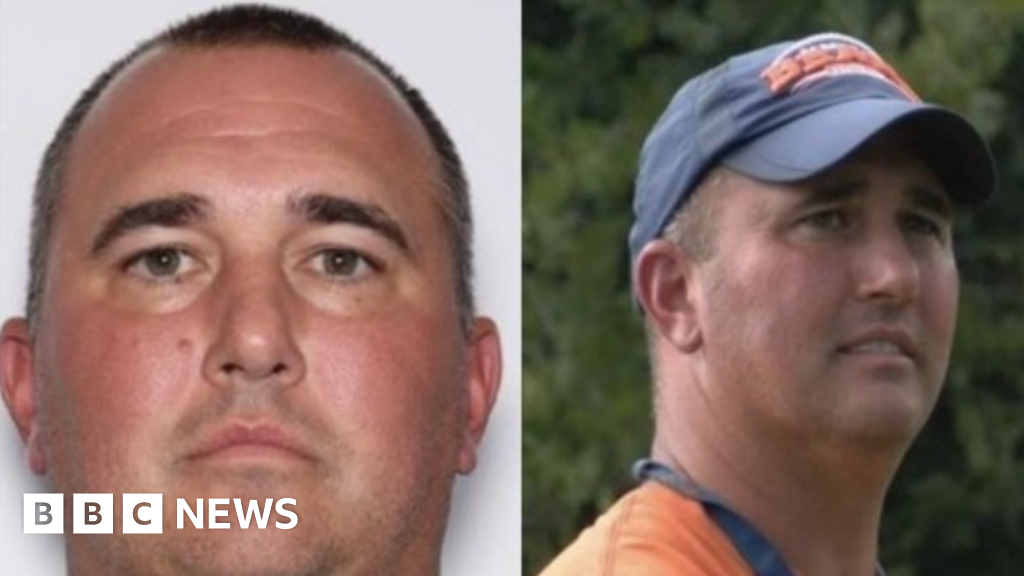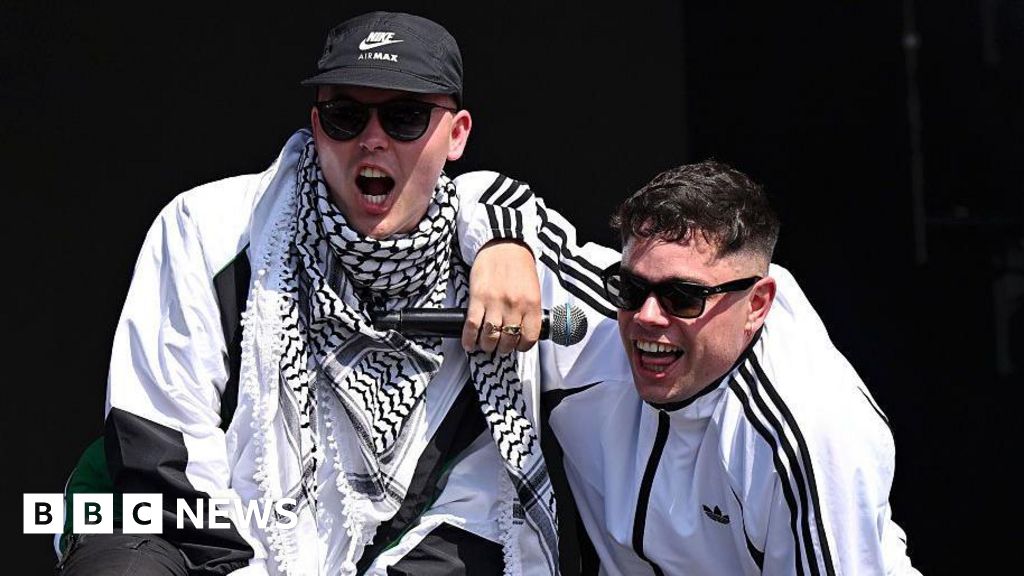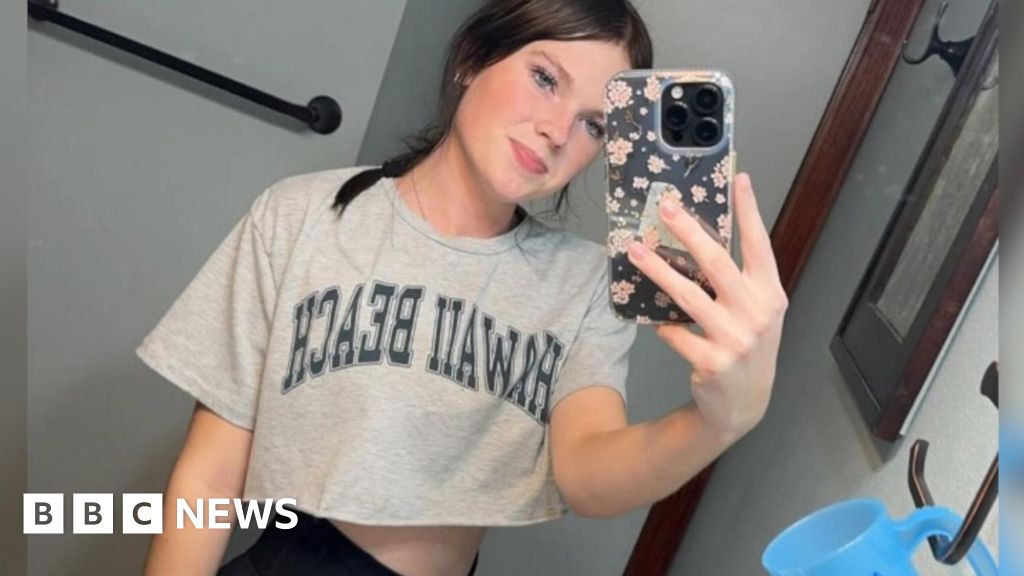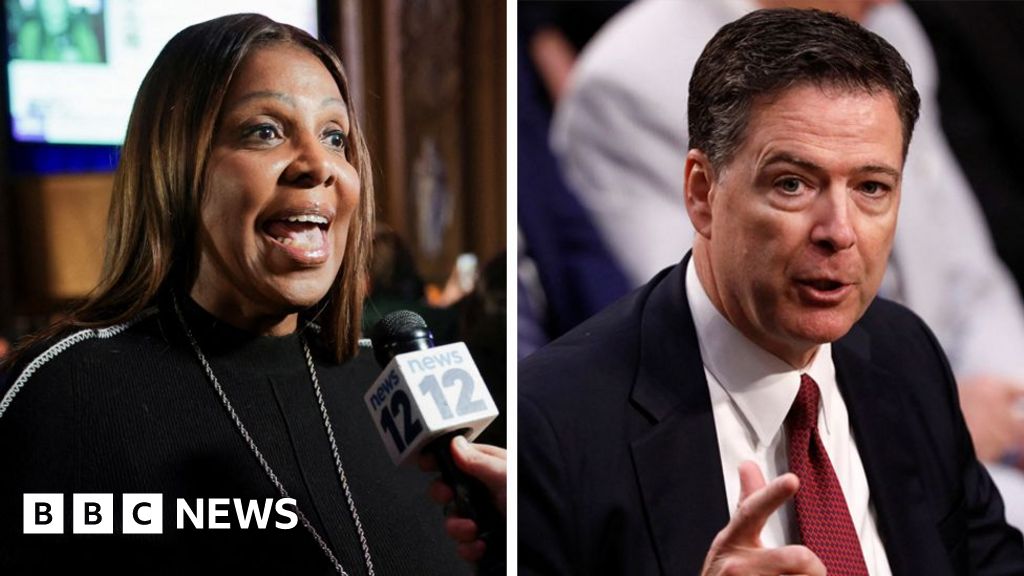An award-winning Canadian-American author whose career was tied to his apparent indigenous ancestry has recently learned that he has no Cherokee roots.
Thomas King revealed the findings on Monday in an opinion piece published in the Globe and Mail newspaper.
The announcement follows a mid-November meeting with King and members of the Tribal Alliance Against Frauds, a US-based group dedicated to exposing people who falsely claim American Indian heritage.
The 82-year-old said he accepts the findings of a genealogist with the organisation but writes in the essay: "I feel as though I've been ripped in half."
"Not the Indian I had in mind. Not an Indian at all," King wrote.
King won the RBC Taylor prize for non-fiction for his book The Inconvenient Indian, in 2014, and the Stephen Leacock memorial medal for humour for his work Indians on Vacation, in 2020.
He said he never meant to intentionally mislead people, believing that he genuinely had Native American ancestry.
King said he grew up with a family story that his father's biological father - King's apparent paternal grandfather - was a man named Elvin Hunt, who was part Cherokee.
Still, King said he had long been followed by rumours about his ancestry.
"I knew who I was. Knew my family history. At the same time, I recognized that I wasn't a good Indian. I hadn't been raised on a reserve/reservation. I didn't speak Cherokee," he wrote.
The rumours, though mostly ignored, never fully disappeared, and this year he decided to make "a concerted effort to find their origin".
A friend referred him to the Tribal Alliance Against Frauds (Taaf). A genealogist working with the organisation failed to detect Cherokee ancestry anywhere in King's family lineage.
"Taaf suggested that I might want to offer up an apology for my life", King wrote, "but an apology assumes a crime, an offence, a misdeed".
"I don't think that's appropriate", he continued, adding that he was always operating with "the belief that I was mixed-blood Cherokee".
King was born in California but has lived in Canada since 1980. His reputation grew in Alberta as an Indigenous studies professor at the University of Lethbridge.
King has said he intended to return the National Aboriginal Achievement award he received in 2003.
"The rest of my awards are based on my writing, not my ethnicity," he told the Globe and Mail in an interview published on Monday.


